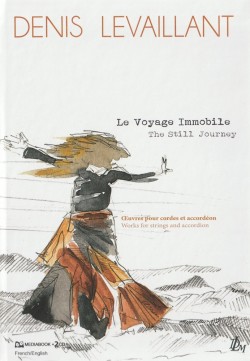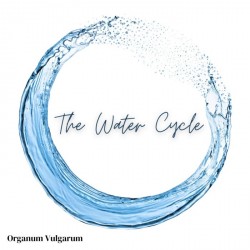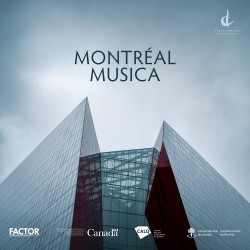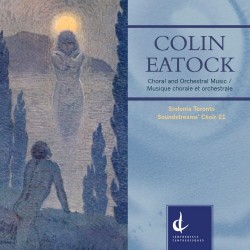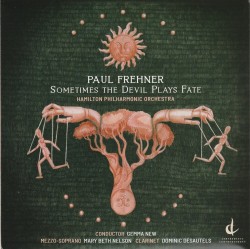Ennanga - Ashley Jackson
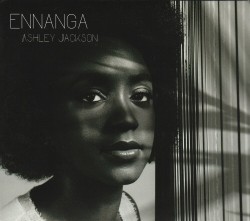 Ennanga
Ennanga
Ashley Jackson
Bright Shiny Things BSTC-0188 (brightshiny.ninja)
The rediscovery of music by Black composers continues apace. William Grant Still (1895-1978), arguably the finest of all, named his 18-minute Ennanga for harp, string quintet and piano after the arched harp of Uganda. The first two movements are warmly nostalgic, almost heartbreaking in their evocation of African chant and hints of Sometimes I Feel Like a Motherless Child. The finale is a jolly, propulsive dance. Still’s harp writing is exquisitely lovely, lovingly played by Ashley Jackson, holder of a doctorate from Juilliard and currently a senior administrator and teacher at Hunter College in Manhattan.
Jackson arranged Alice Coltrane’s nine-minute Prema, originally for piano and strings, substituting the harp for the piano. Coltrane (1937-2007) was a jazz singer, pianist and harpist (and jazzman John’s wife), but Prema isn’t jazzy, with sustained moody, droning strings and shimmering songfulness from the harp.
In both Ennanga and Prema, Jackson is joined by fellow members of the Harlem Chamber Players; she solos on the CD’s three other pieces, each lasting about five minutes. Essence of Ruby by harpist Brandee Younger (b.1983) is reflective and yearning, bordering on the blues. Two of the Twenty-four Negro Melodies by Samuel Coleridge-Taylor (1875-1912), originally for piano, are here arranged by Jackson. In the spirituals I’m Troubled in Mind and The Angels Changed My Name, Jackson finds resolve and courage, ending this beauty-filled CD with a sense of optimism. (The CD runs only 43 minutes – I wanted more!)


